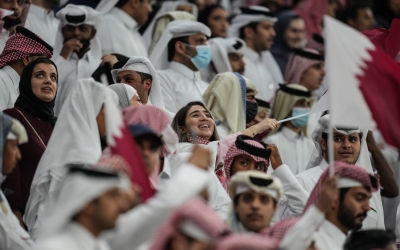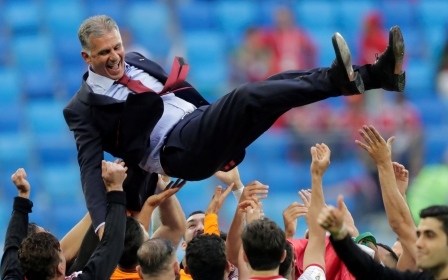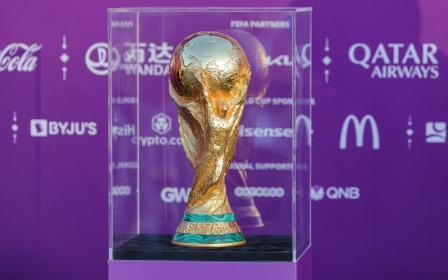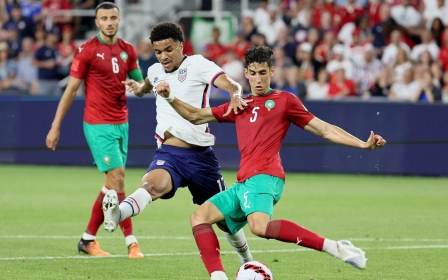World Cup 2022: Qatar 'to allow beer sales at games 3 hours before kick-off'
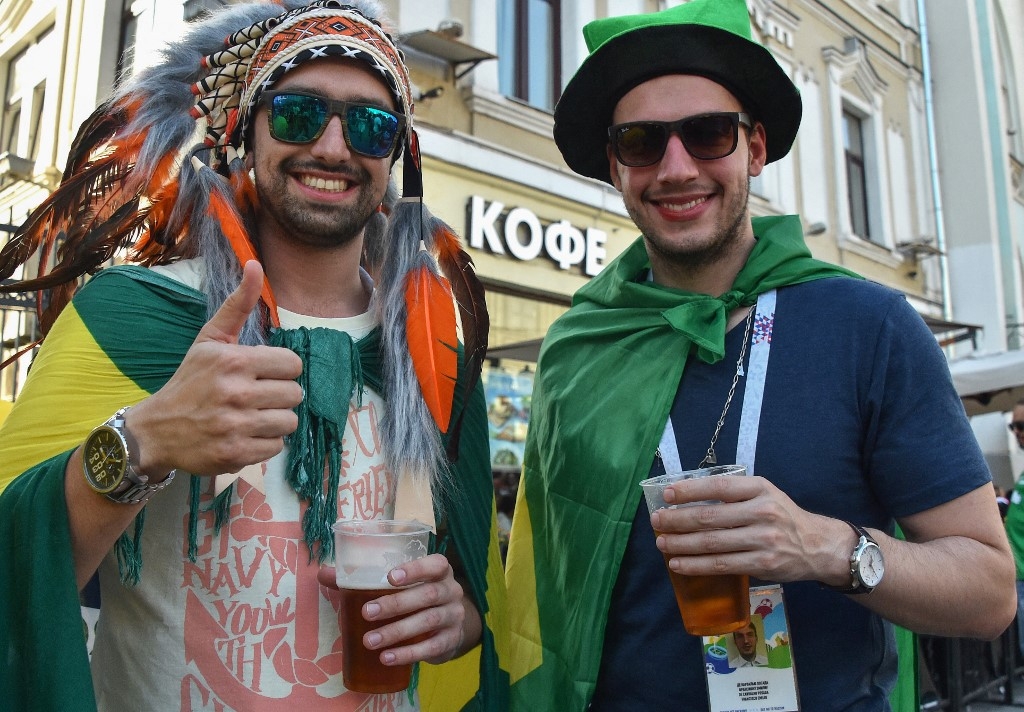
Qatar will permit ticketed fans to buy alcoholic beer at World Cup football matches starting three hours before kick-off and for one hour after the final whistle, but not during the match, a source with knowledge of plans for the tournament told Reuters on Saturday.
Budweiser, a major World Cup sponsor with exclusive rights to sell beer at the tournament, will serve beer within the ticketed perimeter surrounding each stadium, but not in the stadium stands or concourse, the source said.
This year's World Cup is the first to be held in a Muslim-majority country, with strict controls on alcohol, presenting unique challenges for organisers of an event sponsored by a major beer brand and often associated with beer-drinking fans.
"Beer will be available when gates open, which is three hours before kick off. Whoever wants to have a beer will be able to. And then when they leave the stadium as well for one hour after the final whistle," the source said, as quoted by Reuters.
Additionally, Budweiser will be permitted to serve beer in part of the main Fifa fan zone in central Doha from 6:30pm to 1am every day of the 29-day tournament, which kicks off on 20 November, the source said.
New MEE newsletter: Jerusalem Dispatch
Sign up to get the latest insights and analysis on Israel-Palestine, alongside Turkey Unpacked and other MEE newsletters
At previous World Cup tournaments, beer was served in fan zones all day long.
The decision about where and when beer will be sold to fans is now finalised, but the price fans will be charged for a beer is still under discussion, the source said.
"We are working closely with FIFA, which is managing the relationship with the Qatari authorities, to ensure our activations for the tournament are executed respectfully and in compliance with local rules and regulations," a spokesperson for Budweiser brewer AB InBev said in an emailed statement, referring to the sport's international governing body.
Qatar's World Cup organisers, the Supreme Committee for Delivery and Legacy, did not respond to requests for comment about the World Cup controls on alcohol. Qatar's government media office directed requests to the Supreme Committee.
There are four matches scheduled on most days of the tournament's group stage, with the earliest match kicking off at 1:00pm.
Muslim culture
It was not immediately clear how Qatar will handle beer sales ahead of the 1:00pm Wales and Iran game on Friday 25 November, when most Muslims in Qatar will be gathering at mosques for the weekly congregational prayer.
Qatar currently requires most shops and restaurants in the country to be closed during Friday prayers.
Questions have swirled around the role alcohol would play at this year's World Cup since Qatar won hosting rights in 2010. Alcohol consumption in public places is illegal in Qatar.
Visitors cannot bring alcohol into the country, even from airport duty free outlets, and they cannot buy alcohol at the country's only liquor store, on the outskirts of Doha. Only foreign residents with permits can shop there for home consumption.
Visitors can drink at a few dozen licensed hotels and clubs, where a pint of beer can cost $18.
Budweiser will sell its non-alcoholic beer, Budweiser Zero, in stadium concourses and stands during games and at other fan sites, the source said.
"We always respect the local customs and culture in the markets in which we operate or host events," a spokesperson for AB InBev told Reuters in an emailed statement.
"Our promotion and activation of Budweiser Zero during the FIFA World Cup in Qatar will target the international guests coming to enjoy and celebrate football at the fan sites."
This article is available in French on Middle East Eye French edition.
Middle East Eye delivers independent and unrivalled coverage and analysis of the Middle East, North Africa and beyond. To learn more about republishing this content and the associated fees, please fill out this form. More about MEE can be found here.


